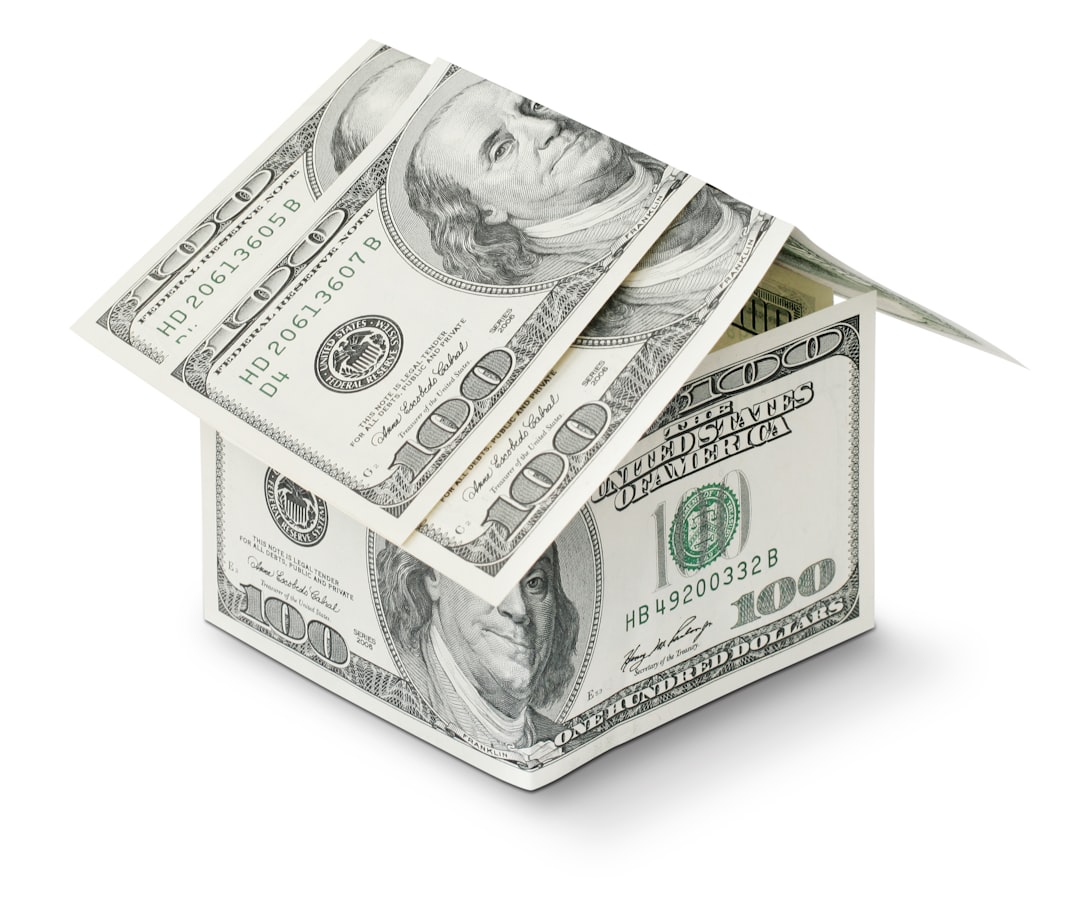Homeowners with bad credit can use Credit Card Debt Consolidation loans to merge high-interest debts into a single loan with lower rates, simplifying payments and saving money. Despite risks, consolidating with a home equity loan is an option, but careful comparison of terms and fees is crucial for making informed decisions that improve financial stability and credit scores over time.
Struggling with multiple high-interest credit card debts? As a homeowner with a low credit score, you might think loan options are limited. However, bad credit debt consolidation loans can offer a lifeline. This article guides you through understanding these specialized loans, their benefits, and how your credit score impacts choices. We explore home equity loan opportunities, compare loan terms, and share strategies to build credit while consolidating debt. Take control of your finances with informed decisions.
- Understanding Bad Credit Debt Consolidation Loans
- Benefits of Consolidating High-Interest Debt
- How Low Credit Scores Affect Loan Options
- Exploring Home Equity Loan Opportunities
- Comparing Loan Terms and Rates
- Building Credit While Consolidating Debt
Understanding Bad Credit Debt Consolidation Loans

Bad credit debt consolidation loans are designed to help homeowners with low credit scores manage their debts more effectively. These loans allow borrowers to combine multiple high-interest debts, such as credit card debt and personal loans, into a single loan with a lower interest rate. By consolidating their debts, homeowners can simplify their repayment process, save money on interest payments, and potentially improve their credit score over time.
Credit card debt consolidation is a strategic approach that involves taking out a new loan to pay off existing credit card balances. This method can be beneficial as it offers better terms, including a lower interest rate and more manageable monthly payments. However, it’s crucial for borrowers to choose the right lender and understand the terms and conditions of the loan to ensure they are getting the best possible deal and making informed financial decisions.
Benefits of Consolidating High-Interest Debt

Debt consolidation can be a powerful tool for homeowners with low credit scores looking to manage their high-interest debt. By combining multiple debts into a single loan, individuals can simplify their repayment process and potentially reduce the overall interest they pay over time. This is particularly beneficial for those burdened by credit card debt, as it allows them to say goodbye to numerous minimum payment due dates and confusing interest rates.
Consolidating high-interest debt offers several advantages. It provides better financial visibility with a single, more manageable payment each month. Additionally, the lower interest rates often associated with consolidation loans can save borrowers significant money in the long run. This strategy also streamlines debt repayment, making it easier to stick to a consistent repayment plan and ultimately achieve financial stability.
How Low Credit Scores Affect Loan Options

Low credit scores can significantly impact a homeowner’s ability to secure loan options, particularly for debt consolidation. Lenders often view low credit scores as an indicator of financial risk, which can result in stricter lending criteria and less favorable terms. This is especially true for credit card debt consolidation, where the goal is to consolidate multiple high-interest credit card debts into a single loan with a potentially lower interest rate.
With a low credit score, individuals may face higher interest rates, smaller loan amounts, or even denial of their loan applications. Lenders might also require stricter collateral or co-signer requirements. As a result, homeowners with bad credit may find it challenging to access the financial relief that debt consolidation offers, making it crucial for them to explore alternative strategies or work on improving their credit score before applying for such loans.
Exploring Home Equity Loan Opportunities

For homeowners with low credit scores, navigating the path to debt relief through credit card debt consolidation can seem challenging. However, one promising avenue to explore is a home equity loan. This type of loan utilizes the homeowner’s equity as collateral, offering potential access to substantial funds for debt repayment. Despite the risks associated with borrowing against one’s home, it provides an opportunity for individuals with poor credit to consolidate high-interest debt and lower overall monthly payments.
By tapping into their home equity, homeowners can gain a more manageable repayment structure, allowing them to focus on rebuilding their financial health. It’s essential to weigh the benefits against the potential risks, such as increased monthly mortgage payments or even foreclosure if the loan goes into default. Yet, with careful consideration and a solid plan for debt management, a home equity loan could be a viable solution for those seeking credit card debt consolidation.
Comparing Loan Terms and Rates

When considering a bad credit debt consolidation loan, comparing loan terms and rates is crucial for making an informed decision. Homeowners with low credit scores should meticulously review the interest rate, repayment period, and any additional fees associated with each loan option. Lower interest rates can significantly reduce the overall cost of borrowing over time, so it’s essential to shop around and choose a lender offering competitive rates tailored to borrowers with less-than-perfect credit.
Moreover, understanding the terms and conditions is vital. Some loans might have stricter requirements or penalty fees for early repayment, which could hinder your financial flexibility in the long run. Credit card debt consolidation loans are a popular choice for homeowners seeking to streamline their debts; however, carefully evaluating each lender’s offerings will ensure you secure the best possible deal that aligns with your financial goals and capabilities.
Building Credit While Consolidating Debt

For homeowners with low credit scores, managing and reducing debt is a significant step towards financial stability. One effective strategy is to consider a bad credit debt consolidation loan, which can help simplify payments and lower interest rates. This approach not only makes it easier to stay on top of repayments but also opens up opportunities for building credit over time.
By consolidating credit card debt or other high-interest loans, individuals can reduce their monthly outgoings and free up cash flow. As they make consistent loan repayments, this positive behavior contributes to their credit history. Responsibly managing a consolidation loan demonstrates timely payments, which can gradually improve one’s credit score. Over time, this enhanced credit profile can lead to better borrowing options in the future, including lower interest rates on new loans or even improved terms on existing mortgages.
Bad credit debt consolidation loans, specifically tailored for homeowners with low credit scores, offer a strategic path towards financial stability. By consolidating high-interest debt, individuals can reduce monthly payments and save on overall interest costs. This article has explored the benefits of this approach, from navigating challenging credit scores to leveraging home equity. When comparing loan terms and rates, it’s crucial to consider the long-term impact on your finances. Additionally, building credit while consolidating debt is achievable through responsible financial management, further enhancing your borrowing power in the future. Remember that understanding these options is the first step towards a brighter financial future.
